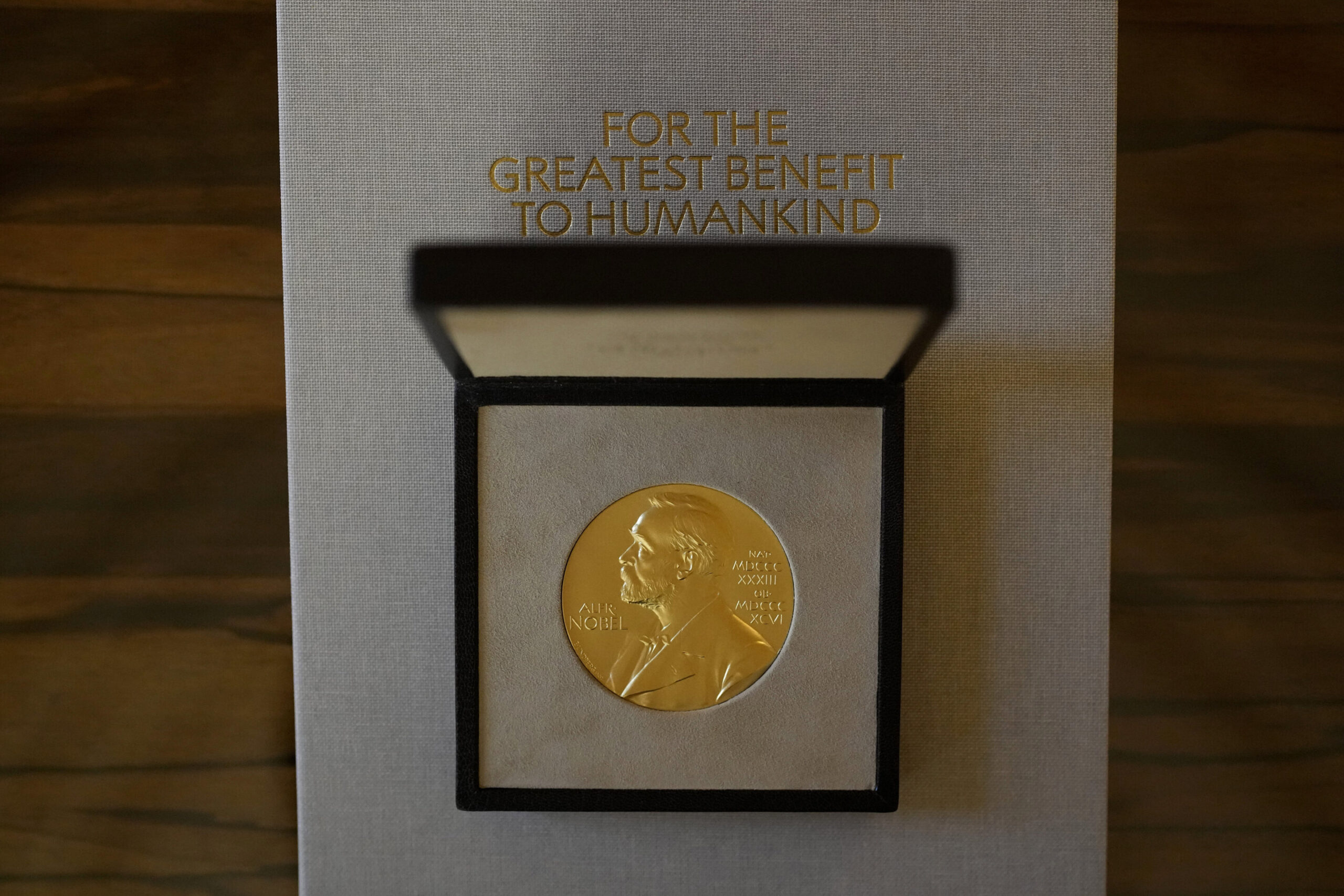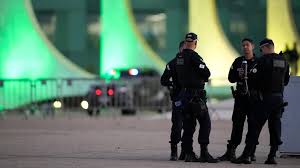
Fall has arrived in Scandinavia, which means Nobel Prize season is here.
The start of October is when the Nobel committees get together in Stockholm and Oslo to announce the winners of the yearly awards.
First up, as usual, is the Nobel Prize in medicine or physiology, which will be announced Monday by a panel of judges at the Karolinska Institute in the Swedish capital. The prizes in physics, chemistry, literature, peace and economics will follow, with one announcement every weekday until Oct. 9.
Here are some things to know about the Nobel Prizes:
AN IDEA MORE POWERFUL THAN DYNAMITE
Dynamite soon became popular in construction and mining as well as in the weapons industry. It made Nobel a very rich man. Perhaps it also made him think about his legacy, because toward the end of his life he decided to use his vast fortune to fund annual prizes “to those who, during the preceding year, have conferred the greatest benefit to humankind.”
The first Nobel Prizes were presented in 1901, five years after his death. In 1968, a sixth prize was created, for economics, by Sweden’s central bank. Though Nobel purists stress that the economics prize is technically not a Nobel Prize, it’s always presented together with the others.
PEACE IN NORWAY
For reasons that are not entirely clear, Nobel decided that the peace prize should be awarded in Norway and the other prizes in Sweden. Nobel historians suspect Sweden’s history of militarism may have been a factor.
During Nobel’s lifetime, Sweden and Norway were in a union, which the Norwegians reluctantly joined after the Swedes invaded their country in 1814. It’s possible that Nobel thought Norway would be a more suitable location for a prize meant to encourage “fellowship among nations.”
To this day, the Nobel Peace Prize is a completely Norwegian affair, with the winners selected and announced by a Norwegian committee. The peace prize even has its own ceremony in the Norwegian capital of Oslo on Dec. 10 — the anniversary of Nobel’s death — while the other prizes are presented in Stockholm.
WHAT’S POLITICS GOT TO DO WITH IT?
The Nobel Prizes project an aura of being above the political fray, focused solely on the benefit of humanity. But the peace and literature awards, in particular, are sometimes accused of being politicized. Critics question whether winners are selected because their work is truly outstanding or because it aligns with the political preferences of the judges.
The scrutiny can get intense for high-profile awards, such as in 2009, when President Barack Obama won the peace prize less than a year after taking office.
The Norwegian Nobel Committee is an independent body that insists its only mission is to carry out the will of Alfred Nobel. However, it does have links to Norway’s political system. The five members are appointed by the Norwegian Parliament, so the panel’s composition reflects the power balance in the legislature.
To avoid the perception that the prizes are influenced by Norway’s political leaders, sitting members of the Norwegian government or Parliament are barred from serving on the committee. Even so, the panel isn’t always viewed as independent by foreign countries. When imprisoned Chinese dissident Liu Xiaobo won the peace prize in 2010, Beijing responded by freezing trade talks with Norway. It took years for Norway-China relations to be restored.




